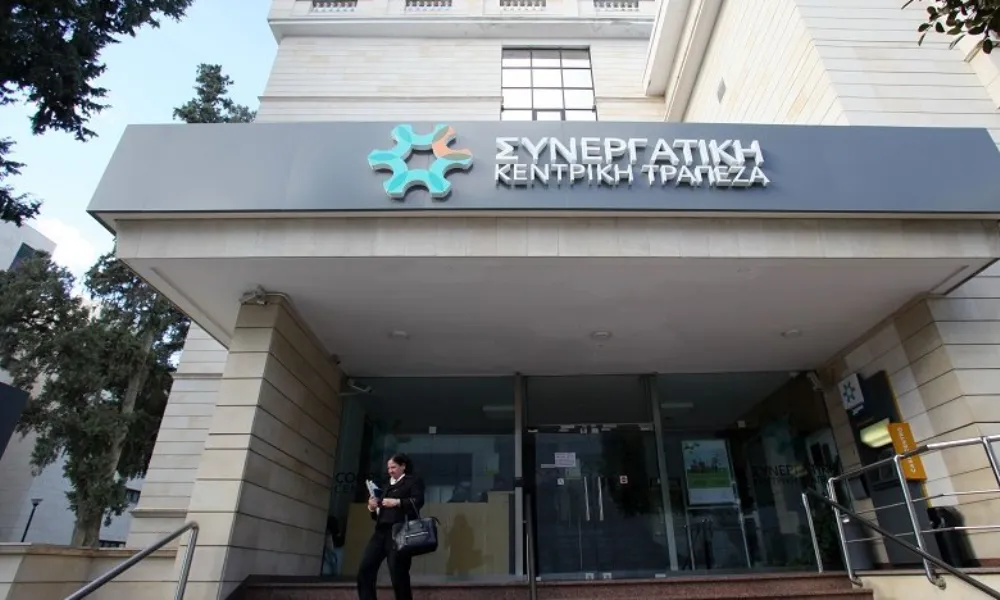Cooperative Companies Service Registrar's Kypros Protopapas described the effort to re-establish a cooperative banking sector as “a very difficult undertaking” during the 2026 budget presentation to the House Finance Committee. He said the economy needs such an institution and expressed optimism that efforts will succeed despite obstacles.
Capital requirements and supervision
Protopapas highlighted the main hurdle, very high own-funds requirements now imposed by European supervisors. For every €100 in loans, 15% must be own capital, he noted. He stressed that “the old model cannot return” under EU scrutiny. Political support is welcome, he said, but political interference is not, and capital remains the critical issue. Under the legal framework, any new cooperative bank would be supervised by the Central Bank of Cyprus, while his Service is guiding stakeholders working toward the bank’s establishment.
Presenting the Cooperative Service budget, Protopapas said the top-line figure exceeds €3 million, though actual operating expenditure is about €1.5 million. Of the staff on the Service’s books, most are seconded. Thirteen serve in the Service and 17 in other departments.
The Service supports and supervises cooperative companies, promotes corporate social responsibility, and implements the law on social enterprises.
Commercial cooperatives show resilience
Despite the past decade’s difficulties, the Service “remained in place” to serve the remaining entities in trade and the rural economy. Fifty-five companies operate today, including SEDEGEP Astromeritis (Cyprus Cooperative Growers Marketing Union), which has surpassed €50 million in turnover with significant profits, more than 100 employees and notable exports, and SOPAZ, with turnover over €100 million. About 90% of companies are doing well, he said, adding that easy lending in previous decades had been a disadvantage.
The Service aims to reinforce the institutional framework. A bill now at the Legal Service would allow legal persons to register as members of cooperative companies and reduce the minimum number of founding members from 12 to 5. Corporate governance strengthening is also being advanced.
Although the legal framework is in force and applications are available, interest has been lower than expected due to strict conditions such as the requirement to allocate 80% of profits to non-distributable reserves. Of six initial expressions of interest, three applications remain under review. A press conference and information campaign are planned to boost participation, alongside newly approved incentives.
Parliamentary reactions
House Finance Committee acting chair and DIKO MP Chrysanthos Pantelides said commercial cooperatives are recording profits and higher turnover, calling it an “optimistic message” after the cooperative banking crisis of previous years. He reiterated support for re-establishing the banking cooperative sector on healthy foundations.
DISY MP Harris Georgiades welcomed the trajectory of cooperative companies, noting that despite the last decade’s challenges, “the sector shows a noteworthy effort” and highlights “the good face of the cooperative movement.”
AKEL MP Andreas Kafkalias said the cooperative model as a social and business approach is backed by all parties. “We are here and we support the idea of Cooperation,” he said, requesting updates on sector growth targets, broader partnerships and the impact of the social enterprises law.
DIPA-Cooperation of Democratic Forces MP Alekos Tryfonides noted positively the oversight and development efforts, stressing the importance of cooperatives for the rural economy and for bringing farmers’ products to market. He singled out SEDEGEP Astromeritis and SEDIGEP Sotira as examples that benefit both producers and local communities.
